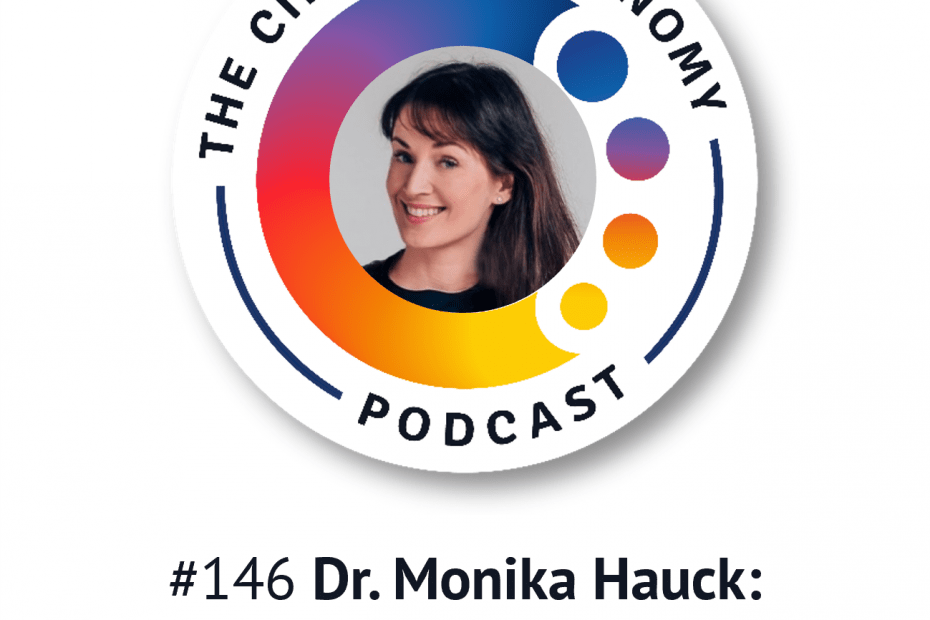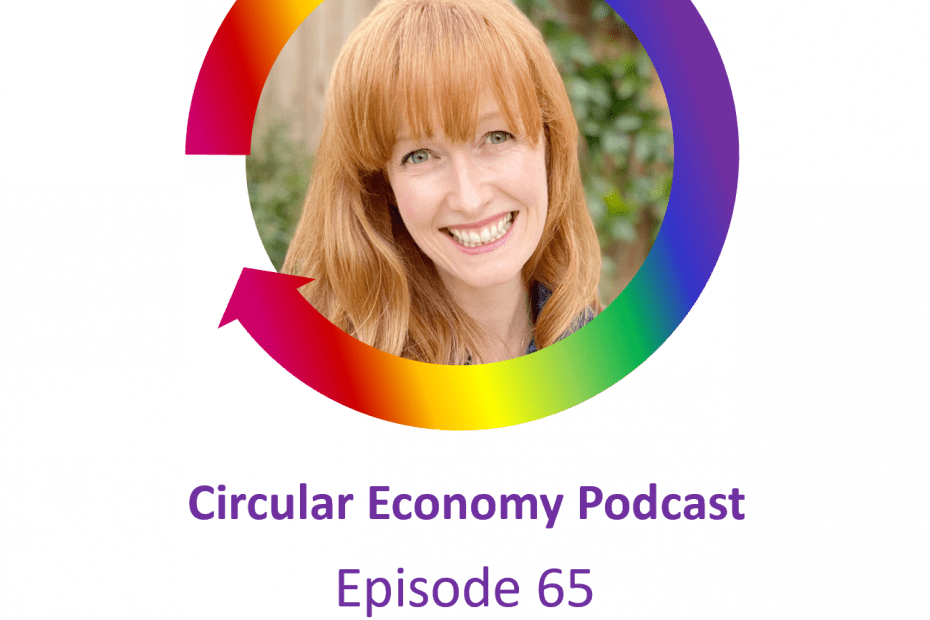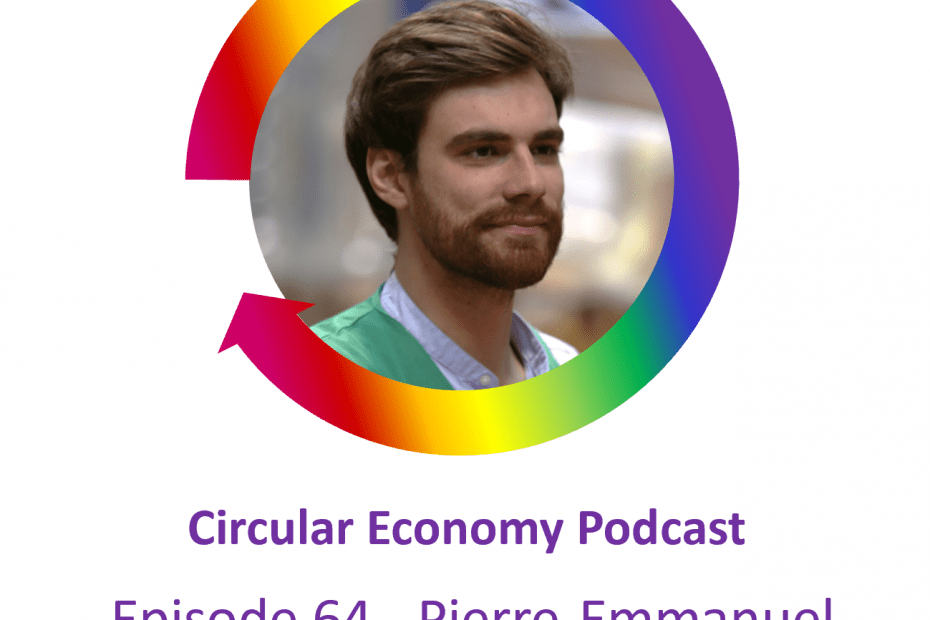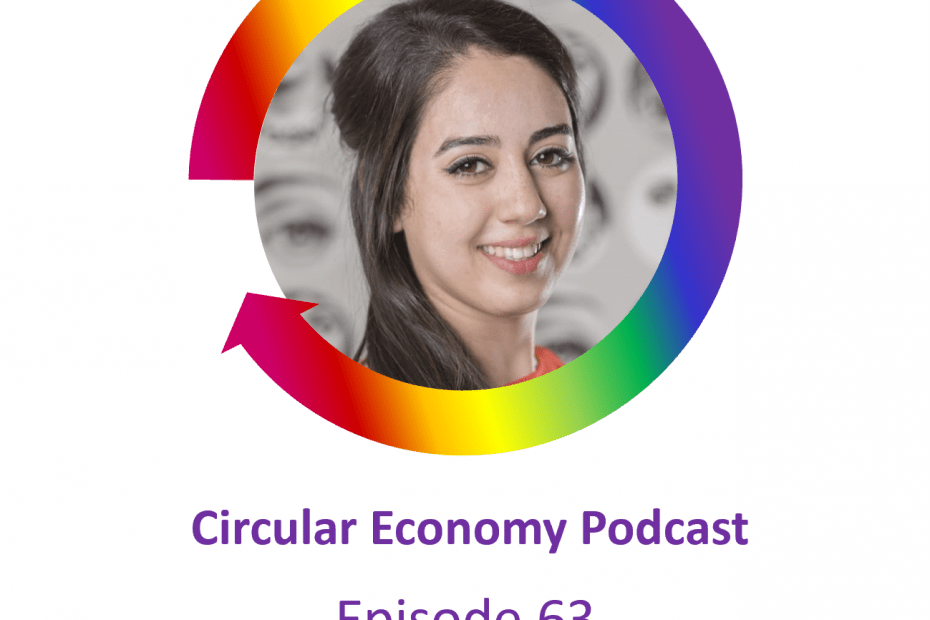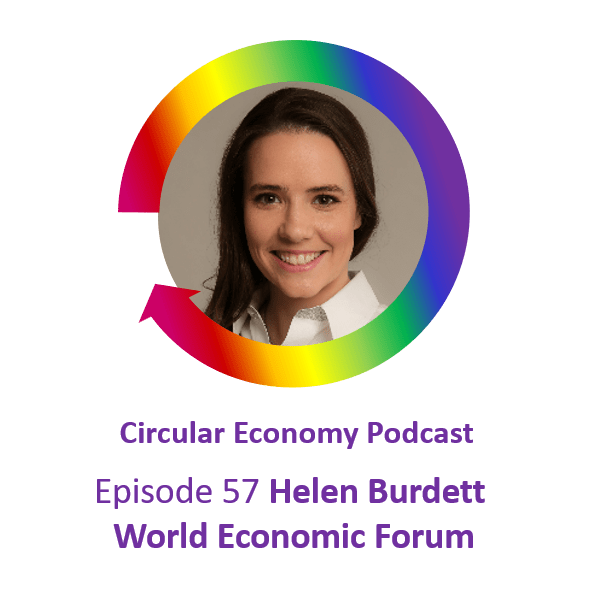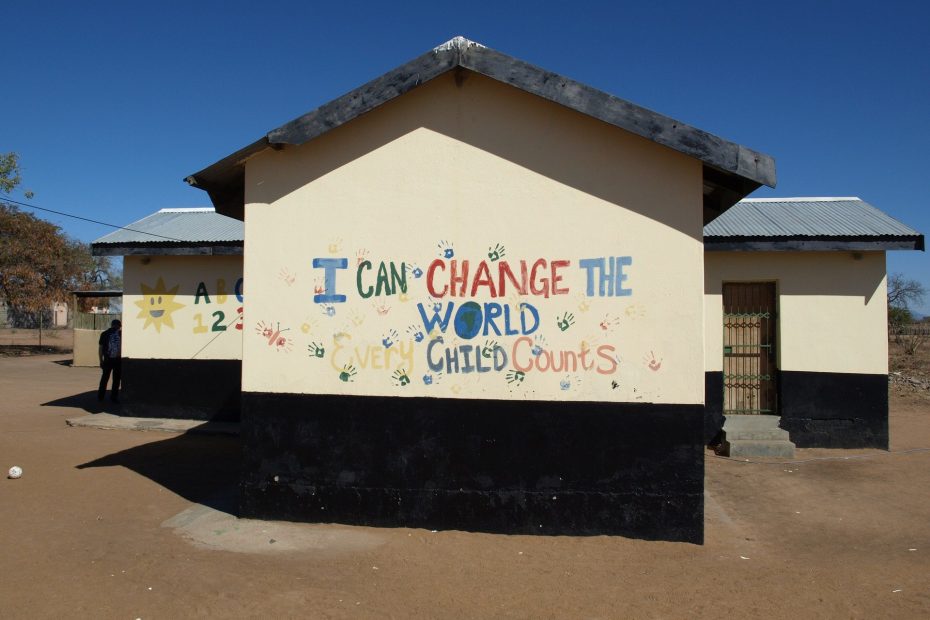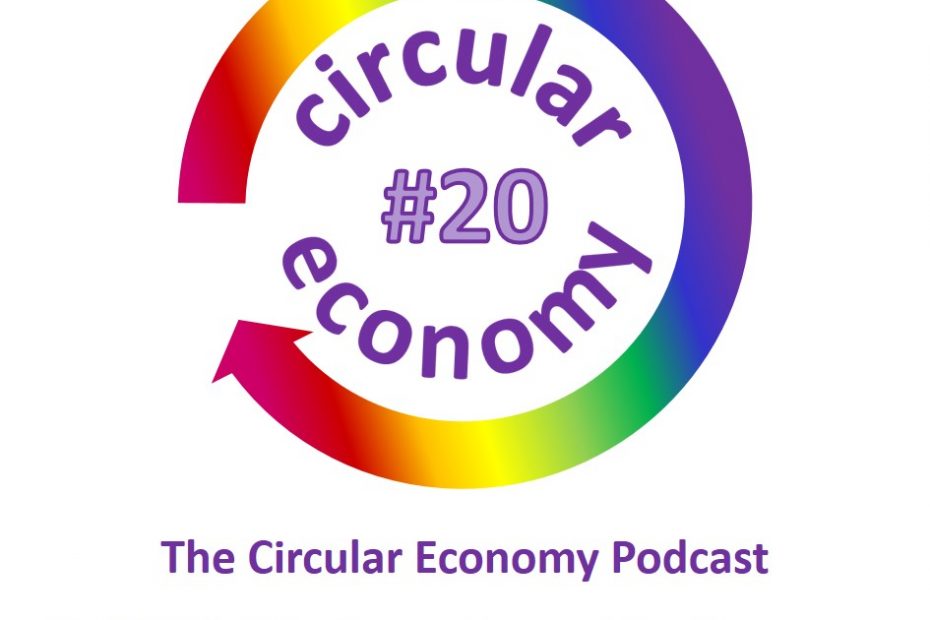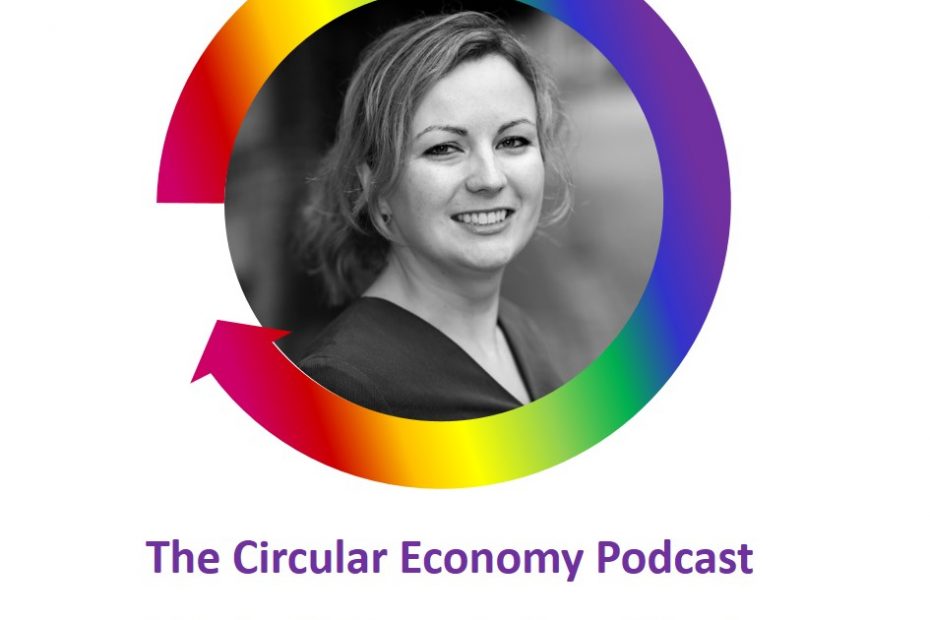146 Dr Monika Hauck: making repairs easy and fashionable
Entrepreneur Dr. Monika Hauck is tapping into the emotional charge we feel after getting something repaired, and using that to revolutionize how we choose and care for our clothing and accessories.
Dr. Monika Hauck is the founder of Repair Rebels, a digital B2C & B2B fashion repair platform that’s a pioneer solution in the German market, with a goal is to make textile and shoe repairs digital, convenient and fashionable! Repair Rebels started in 2021, and has already won numerous prestigious awards, including the German Ecodesign Award.
Dr. Monika Hauck is a creative economist, entrepreneur, social activist, and researcher specializing in Open and Collaborative Innovation. Her Ph.D. focused on Corporate Venturing and Open Innovation in the fashion industry. Monika has also founded the WHU Entrepreneurship Center to support startups and corporate innovation initiatives in Germany’s North Rhine-Westphalia (NRW) region.
Monika was passionate about fashion from a young age, and later worked as a model for renowned international agencies and brands. You may have heard of “Fashion Revolution,” a British social enterprise – in 2018, Monika became the Fashion Revolution City Ambassador in Düsseldorf. Then, in 2019, she launched change-room.org, a think tank dedicated to sustainable and inclusive innovation in fashion.
Now, Monika combines her expertise in fashion, innovation management and sustainable development with her commitment to revitalising local craftsmanship. Monika explains how Repair Rebels works for customers and repairers, and how Repair Rebels is meeting the needs of different groups of customers.
We hear how Repair Rebels was inspired by Monika’s childhood in Lithuania, where she learned to sew and repair clothing while still at school. Monika outlines some of the trends she is seeing around fashion consumption and the circular economy, and we discuss the reasons that big businesses are finding it so hard to change course. We also talked about the Lean StartUp concept, and how that can be helpful to circular entrepreneurs.
